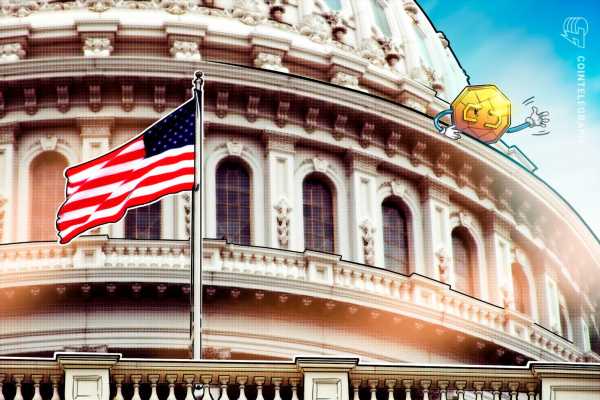House Ag Committee looks at digital assets regulatory bill, Dems ask how to pay for it
If there was ever such a thing as an all-star lineup of regulators, the United States House of Representatives Agricultural Committee’s June 6 hearing on digital asset regulation would probably hold the record. The current chair of the Commodity Futures Trading Commission (CFTC), Rostin Behnam, was joined by a former chair and a former acting chair of that agency, as well as a former commissioner. Coinbase chief legal officer Paul Grewal also appeared.
It was also a very long hearing, with Behnam alone speaking and answering questions for over two hours. The topic of the hearing was the draft bill authored by committee chair Glenn Thompson and House Financial Services Committee Chair Patrick McHenry.
“It is our hope that we will have a bipartisan, joint committee legislative proposal,” Thompson said of the Republicans’ bill in his opening remarks.
Democratic committee members showed some signs of balking at this hope. The 162-page bill was described as “incredibly complex,” and they only got to see it last week, the Democrats pointed out.
The bill is only a draft, Thompson emphasized, but it is badly needed, as:
“Current federal laws and regulations provide few rules of the road […], leading to complicated enforcement actions by regulators and creating further confusion in the industry and market.”
The bill should not impact existing law, Behnam told the committee, and it does not shift existing authorities. Rather, it covers gaps, especially in the spot market for digital assets that are not securities. That gap leads to “Joe Shmo at a vape shop selling cryptocurrency,” as committee member Rick Crawford described happening in his hometown. Meanwhile, bankers are avoiding the emerging asset class while it remains unregulated.
Related: Binance lawsuit: 61 cryptocurrencies are now seen as securities by the SEC
The Thompson-McHenry bill would change the method of defining securities and commodities to one based on how the asset was traded — whether obtained from the issuer or bought on an exchange — and the level of decentralization as an adjustment to the “principles-based regulatory regime” already in place. Securities are generally bought from an issuer, and commodities trade on exchanges.
The bill would also create new definitions of digital commodity brokers and dealers without altering the core components of market structure.
The regulatory gap affects 60% of the digital assets market, Behnam said. He was referring to the market for Bitcoin (BTC) and Ether (ETH). Behnam declared ETH a commodity, not a security, without hesitation, in contrast to Securities and Exchange Commission Chair Gary Gensler, who refused to make that distinction at a House Financial Services Committee hearing in April.
Behnam was less enthusiastic about the provisional registration period foreseen by the bill, which would give intermediaries limited relief from the requirements of the bill while final rules were being drafted. Behnam described it as “handcuffing” regulators.
Authorizing the CFTC to cover the regulatory gap in digital asset regulation would give the agency a considerably broader remit and cost money. The bill does not include a funding mechanism, as numerous Democratic committeemembers pointed out, and the House Appropriations Committee has proposed cutting funding to the CFTC.
Behnam said the current CFTC budget is $360 million, while it requested $410 million for the next fiscal year, and the Appropriations Committee is suggesting $345 million. If that budget cut is made, the agency must furlough staff, Behnam said.
With the digital assets regulatory bill, the CFTC would require an additional $120 million over three years. The extra money would pay for three rulemaking teams and new computer hardware and software. Rulemaking would take up to four years.
Magazine: Cleaning up crypto: How much enforcement is too much?
Source: Read Full Article



